Whether you are focused on B2B or B2C efforts, generating more traffic to your website is still one of the top challenges that marketers face on a consistent basis
In today’s fast-paced, continuously distracting digital age, it can seem nearly impossible to grab the attention of consumers and draw them to your website.
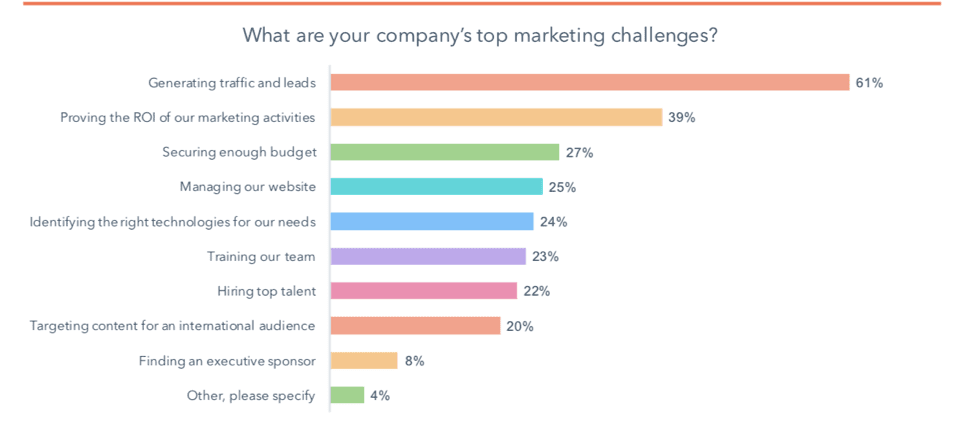
Source: Hubspot – State of Inbound 2018
According to ClickZ’s study, the average company receives 30% of its online traffic from organic searches. If your team’s SEO strategy isn’t strong enough to rank high during customer queries, it significantly hurts your chances that they will ever find your link.
Since customer’s have a virtually unlimited amount of options when it comes to finding the products, services, and information they are seeking online, you must be especially strategic if you are going to attract them towards your website. While there are tons of tips and tricks out there that claim to help your SEO efforts, the only proven way to actually effect your ranking is by increasing and improving your signals to Google’s RankBrain. According to a study conducted by SEO experts at Moz, there are several key factors that Google looks for when determining the order of search results.
Here are four simple but highly effective ways to boost those signals and improve your SEO for better results.
1. Picking an SEO Friendly E-Commerce Platform
According to the report from Moz, a large portion of a site’s ranking factors comes from on-page signals and link signals. Google determines whether or not a website should be at the top of the list based on its credibility, keyword presence, and linking quality, so the very structure of your website can signal to Google whether or not it should earn a higher ranking. The number of internal links and the placement of keywords throughout your pages matter, so choosing an SEO-friendly e-commerce platform can help improve your site’s visibility and rankings.
As you design your website, be sure that you build optimized keywords throughout all the elements of your website, not just on your pages. Google looks for keywords in titles, image alt tags, H1 headings, and meta descriptions. The more keyword-rich content available for Google to pick up on, the better. This can also help you win some SERP features, too, for even better search results.
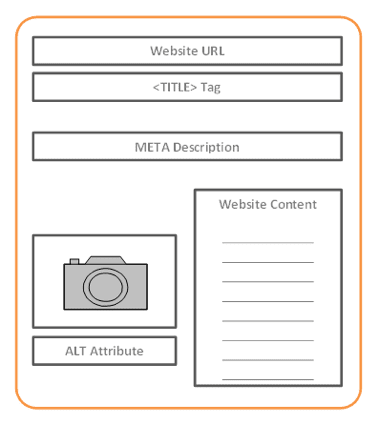
Google also takes a look at the very structure and layout of your website too because, just like your business, it wants to offer users a pleasant experience. If your website has a lot of orphan pages, dead ends, or limited internal links, it could signal to Google that your website is not high quality. Make sure that the platform you choose has customizable navigation and features like search bars for a better UX is a solid option that could strengthen your link signals to RankBrain.
Some platforms will allow you to customize these elements; some will do it automatically for you, and others only offer this as an add-on. As you are building up your e-commerce website’s SEO, be sure to take these factors into consideration when you are choosing an e-commerce platform.
2. Dark Social Sources
Knowing where the majority of your webpage visitors are coming from is an important step to learning how to attract them. It is easy to see how your customers find you organically or through external links with Google Analytics, but chances are that a vast majority of your clicks are coming from dark social.
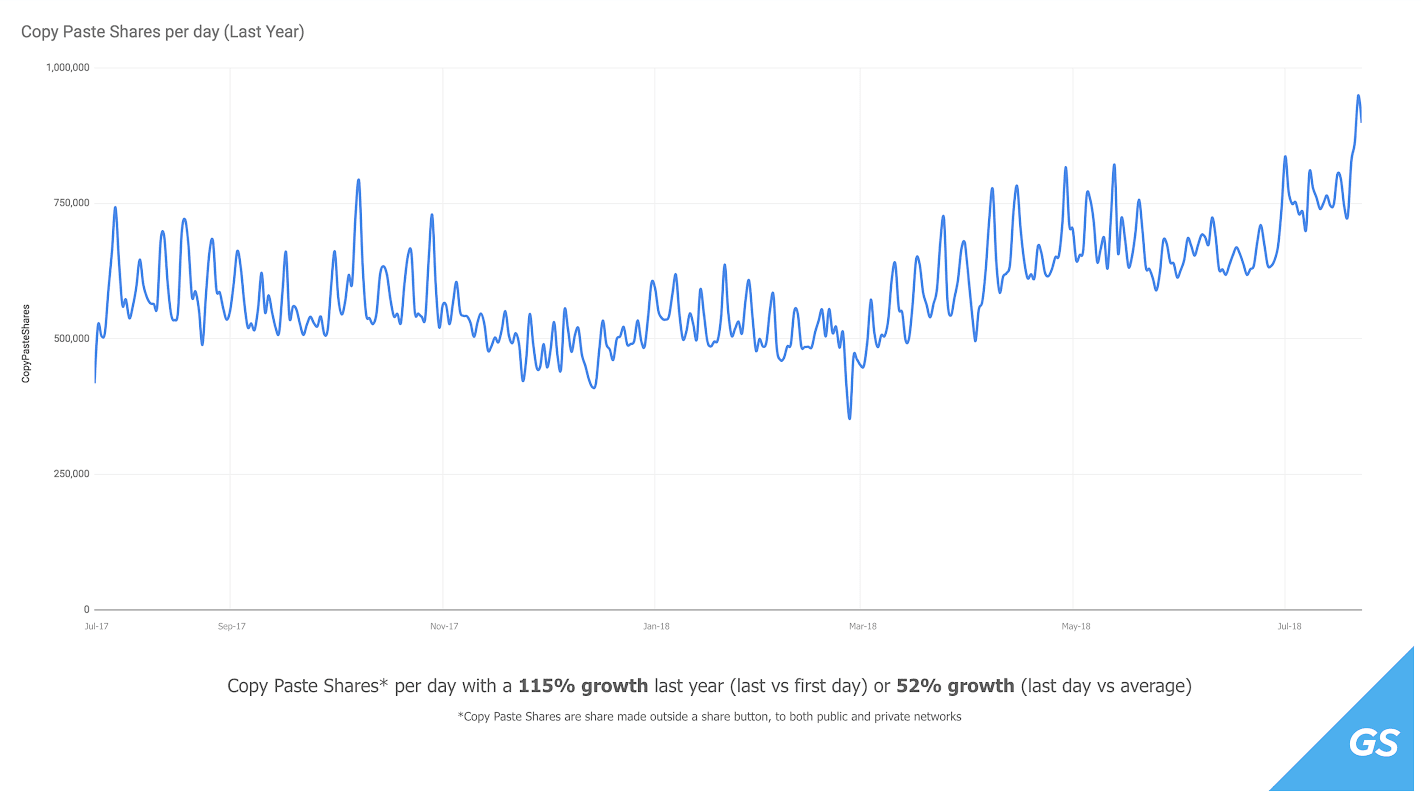
As more and more consumers do the bulk of their digital activity through their mobile devices, it becomes quite easy for them to share links to their friends and followers with just a few simple clicks. This is especially true for social media shares. Say that one of your followers watches a video that you posted on Facebook that includes a link to your product page. They share that post via direct message to a colleague of theirs who could use your services, who then clicks on the link. However, since this share was essentially “copied and pasted”, it becomes far more difficult for your team to track, which turns it into a dark social link.
While this situation is certainly not ideal, your SEO strategy should take these dark social shares into account, since they do make up a significant portion of your traffic. You can use a dark social calculator, such as this one from Get Social, to see how often your followers are sharing links that are driving traffic.
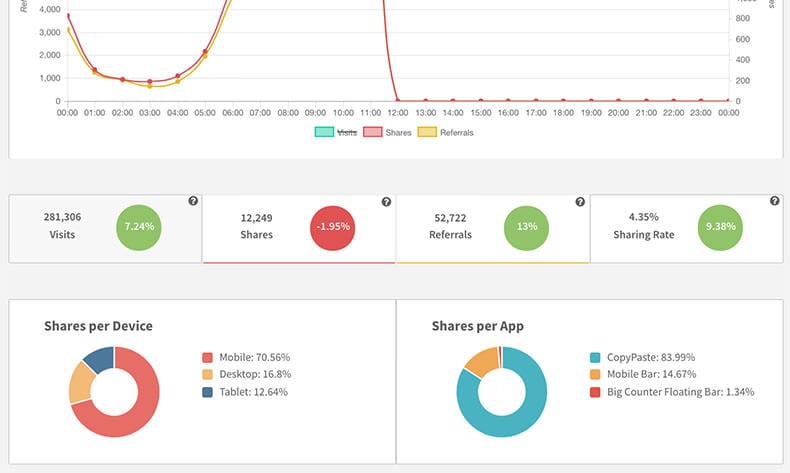
You can then optimize your links specifically for this type of social sharing by using a UTM campaign code generator that creates specific links for easier tracking. Pay attention to the details of the information you gather, as it should offer some great insight into the how and why of link sharing and it can help your marketing team understand the types of content that are truly engaging with your audience.
3. Consistent Fresh Content
Google wants to offer searchers with the most relevant results possible, so the timelier your content is, the better. Furthermore, an active site that is adding pages or updating information frequently may actually perform better with RankBrain.
According to a Benchmark data report from Hubspot, websites that posted new content frequently drove more traffic and were ranked better than their competitors. Websites that were the most active had 3.5 times higher inbound rates than their competitors who only posted a few times per month.
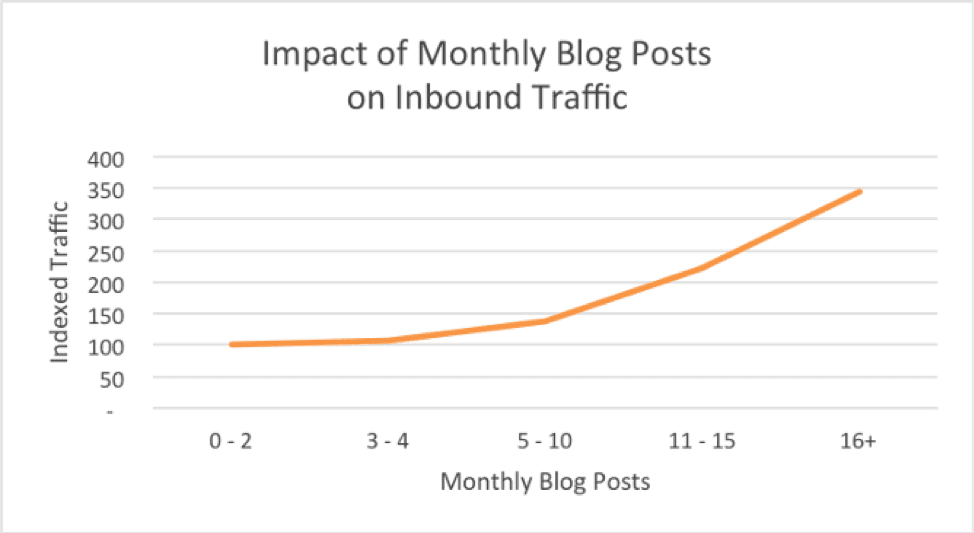
But along with the frequency and quality of your content, Google also takes its length into account. According to another study done by SerpIQ, The top ten Google results are typically content pieces ranging from 2,000 to 2,450 words a piece. While there is no definite reasoning why RankBrain chooses to place longer content towards the top of its results, one theory is that longer content contains more keywords and offers higher user satisfaction, as longer content is shared more frequently online.
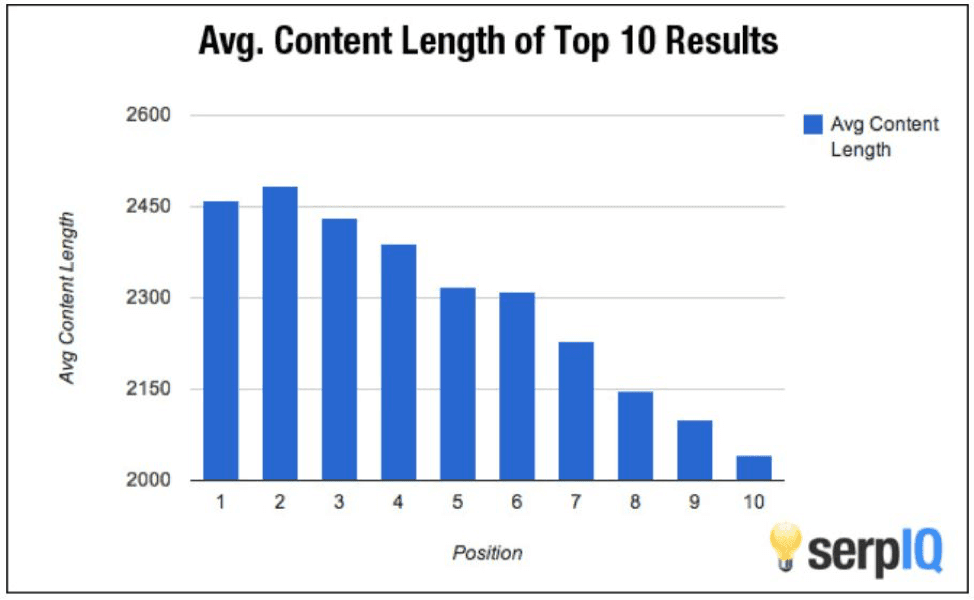
While there are so many factors that play into a website’s ranking ability, there is one clear way to drive traffic to your website: creating consistent content. Clearly, this is just another reason why having a strong content marketing strategy in place is so important. Moreover, the higher number of internal links that your new content creates, the more link and on-page signals your site will create for Rank Brain. Just be sure that your content quality does not diminish while the quantity increases.
A good strategy is to put some serious effort into creating a bank of evergreen content. This can be updated periodically to include new trending keywords and fresh insight. While you should always create content around trending topics relevant to your niche, there will always be slow news days. That said, having a reserve stash of evergreen content is a fantastic way to ensure you are posting and gaining SEO value on a consistent basis.
4. Utilize Worthy Traffic Tools
There are plenty of online tools available to help businesses optimize their sites and increase their traffic. However, your team should be extremely cautious about which program to use – as some systems may not be entirely necessary and may offer little to no results in your webpage’s SEO. Your best strategy here is to identify the underlying issues first and then choose a program that addresses them specifically.
For example, the speed of your website’s loading page can significantly impact its ranking. Customers notoriously hate waiting for a webpage to load, so if it takes more than a few seconds, they will likely leave your site. High bounce rates can also hurt your rankings, as it signals to Google that your website is poorly designed and offers a subpar customer experience. GTMetrix offers a great website speed test analysis that grades your website’s performance. Their program will also identify obstacles that could be slowing your page down and offer some advice for solutions as well as the next steps to take.
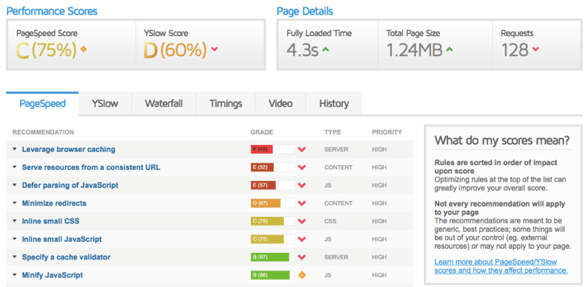
Broken links and 404 errors are another common issue that can have a negative impact on your SEO efforts. ScreamingFrog uses an SEO Spider Tool web crawler that will investigate all of your website’s links (both internal and external), and uncover any that are causing issues. It will also find temporary and permanent redirects that are doing any ranking damage. Additionally, the program will analyze your page titles and metadata for a comprehensive SEO audit.
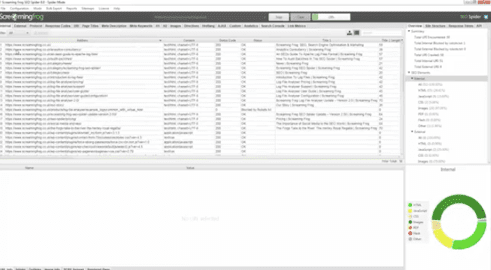
As you begin to implement more tools and strategies into your SEO practices, you will also need to have a plan in place to keep track of the results. The Hoth is a rank checking tool that you can use for free as often as you want to keep an eye on your website’s ranking changes. It also will offer you a list of keyword suggestions for higher rankings.
Keep in mind, not all tools are created equal, and your team certainly doesn’t need to utilize all of them to achieve better results. The best game plan here is to find out the root of the issues that are currently impacting your website ranking and traffic rates, find a solution, and consistently track the changing.
Conclusion
There is no magic formula that will guarantee a first page ranking of your website. Google is far too secretive about its ranking methods for us to ever crack the code, but we can take the information that we do know about RankBrain and apply it to a website to increase the odds of higher visibility.
